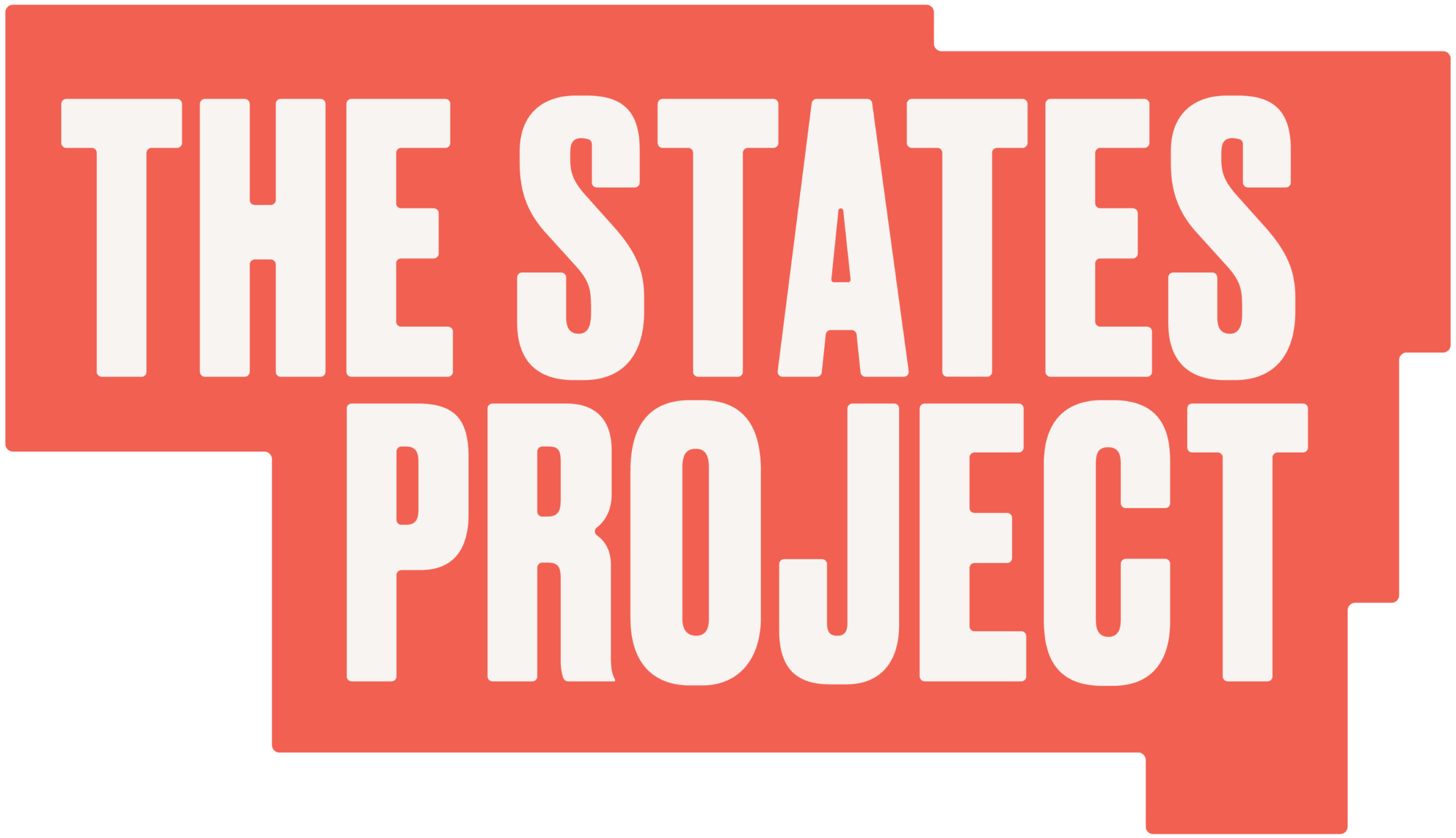Every issue you care about is decided by state lawmakers, not politicians in DC. And you — yes, you — can directly impact who holds power in state legislatures. That’s a message more people need to hear ahead of this November, so our Head of Giving Circles, Melissa Walker, broke it down on Burnt Toast with Virginia Sole-Smith.
Read a snippet of their conversation and listen to the full episode below!
Virginia Sole-Smith: So, let’s start by helping people (me) understand why does state government matter so much?
Melissa Walker: State governments have really been overlooked for a very long time. When I started looking into this work, which was in late November 2016, I started to understand that most folks don’t really know who their state representatives are. When I looked up who my state senator was, I had never heard of him. I did not have eyes on the people going to Albany for me. I started to understand that everything that I was worried about, and everything that I cared about, in terms of our country was actually being controlled in state legislatures and not in Washington, DC. State legislatures are in charge of everything from environmental policy to education funding to gun safety to healthcare to civil rights.
They’re also in charge of the very core of our democracy: Voting rights are decided state by state. State legislatures decide whether to suppress or expand voting. They have the power to gerrymander. They are drawing the district lines that decide who goes to the state legislature, who goes to Congress, who goes to Washington DC.
So I started to see that there were all these kitchen table issues being decided in state legislatures and that they were also incredible tools of federal power. A lot of things started to make sense to me that hadn’t before. I started to think about things like my home state of North Carolina, where the bathroom bill passed, and I started to understand that lawmakers in Raleigh did that. Things like the Stand Your Ground gun law in Tallahassee that let Trayvon Martin’s murderer go free (and then passed in 25 other states) — that was lawmakers in Florida, and then in those other states. And in Flint, Michigan, I realized, oh, that’s a Lansing problem. That’s not a Washington DC problem.
Virginia Sole-Smith: For those of us who live in blue states, why should we care about the laws in other states?
Melissa Walker: Well, states are meant to be laboratories for democracy. Like marriage equality going from state to state to federal or healthcare going from Hawaii to Massachusetts to becoming the ACA. They really are meant to be incubators of good policy, ideally. Right now, a lot of states are incubators for voter suppression bills and bans on choice and bans on trans kids playing sports. Those laboratories for democracy should not be allowed to be laboratories for autocracy.
We should also care about state legislatures because they are immense tools of federal power. As I said, state legislatures in most states have the power to draw the district lines that decide who goes to Congress. So they are promoting their own party in many cases in the drawing of those lines and making it so that the folks in power at the federal level are coming from the party of their choice. They also control voting laws. So if you care who wins the presidency, you should care whether votes are limited in certain states or not.
The last thing I’ll say is, if you care about the Supreme Court, you should care about state legislatures. Because the Supreme Court does not write laws, they rule on laws, many of which are written in state legislatures—sometimes explicitly written in state legislatures to rise up and challenge a Supreme Court ruling, like in the case of the Mississippi law that’s currently challenging Roe v. Wade.












